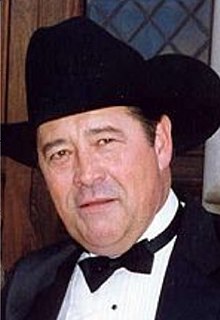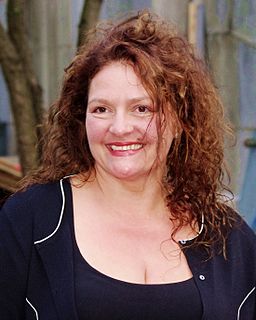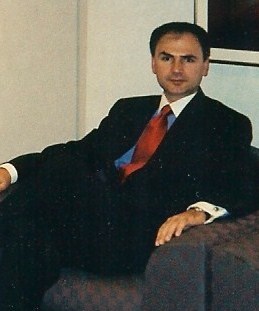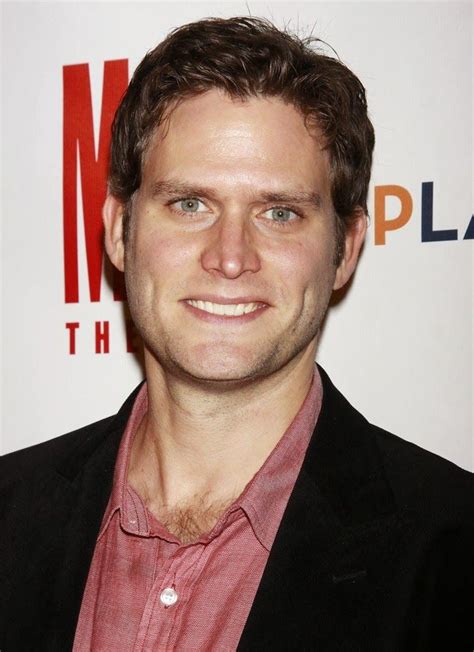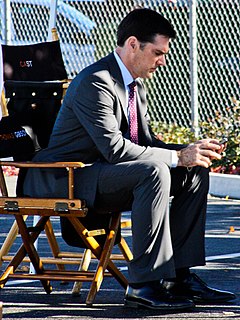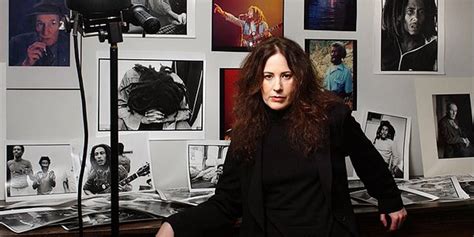A Quote by Frank McCourt
I've had experiences on both sides of the ocean and various classrooms and bedrooms around New York.
Quote Topics
Related Quotes
In writing a novel, the writer must be able to identify emotionally and intellectually with two or three or four contradicting perspectives and give each of them very a convincing voice. It's like playing tennis with yourself and you have to be on both sides of the yard. You have to be on both sides, or all sides if there are more than two sides.
A lot of the reason I left New York, in addition to being so broke, was that I just felt I was becoming provincial in that way that only New Yorkers are. My points of reference were really insular. They were insular in that fantastic New York way, but they didn't go much beyond that. I didn't have any sense of class and geography, because the economy of New York is so specific. So I definitely had access and exposure to a huge variety of people that I wouldn't have had if I'd stayed in New York - much more so in Nebraska even than in L.A.
I left New York after my mother died and, rather aimlessly, had settled in Istanbul for a change of scene. It was a rather dramatic gesture on my part, since I'd lived in New York for 20 years, but I felt I needed something different - the escalating expense and pressure of New York had begun to weary me.
We were in the middle of a sandbar in the middle of the ocean with no one around, and still someone was following me from New York, and was hiding in some bushes like a mile away with a long lens, so he still got pictures. It was really an eye opener to how you really have to be careful about being followed everywhere. I was trying to go to the most remote place in the world, I was out on a sandbar in the middle of the ocean, and they still found me. It was definitely a very new experience.


